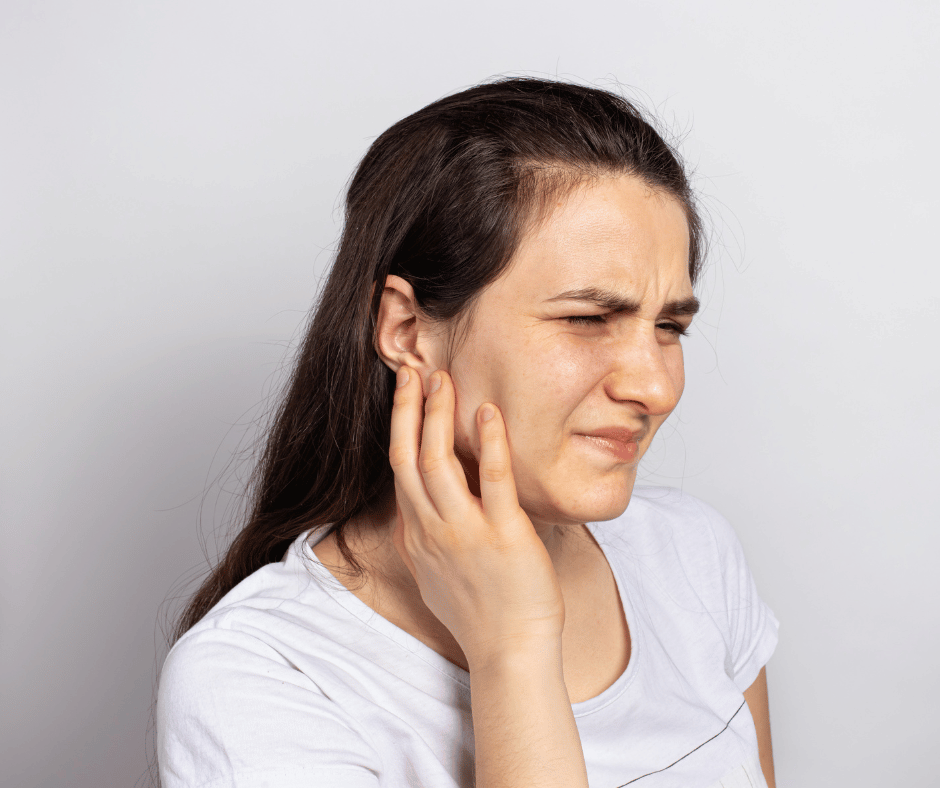Thyroid disorders are among the most prevalent endocrine conditions worldwide, affecting millions of individuals. As an ENT surgeon, understanding the intricate relationship between thyroid health and ENT (Ear, Nose, and Throat) function is crucial. In this blog post, we will delve into the correlation between thyroid disorders and ENT health, exploring how imbalances in thyroid hormones can impact various aspects of ear, nose, and throat function.
Understanding Thyroid Disorders
The thyroid gland plays a vital role in regulating metabolism and influencing nearly every organ system in the body. Disorders affecting the thyroid can manifest in different forms, including hypothyroidism, hyperthyroidism, thyroid nodules, and thyroid cancer. Symptoms can range from fatigue and weight gain to palpitations and excessive sweating, depending on the type and severity of the disorder.
The Role of the Thyroid Gland
Situated at the base of the neck, the thyroid gland produces hormones that regulate metabolism, growth, and development. Thyroid hormones also play a crucial role in maintaining the function of various organs, including the heart, brain, liver, and kidneys. Any disruption in thyroid function can have widespread effects on the body, including the ENT system.
Impact of Thyroid Disorders on ENT Health
Thyroid disorders can significantly impact ENT health, leading to a variety of symptoms and complications. Common ENT issues associated with thyroid disorders include:
- Hoarseness and Voice Changes: Thyroid nodules or enlargement can exert pressure on the vocal cords, resulting in hoarseness or changes in voice quality.
- Swallowing Difficulties: Enlarged thyroid glands or thyroid nodules may compress the esophagus, causing difficulty swallowing or a sensation of throat tightness.
- Throat Pain and Discomfort: Inflammation of the thyroid gland (thyroiditis) can cause throat pain, discomfort, or a feeling of pressure in the neck.
- Hearing Loss: Rarely, untreated thyroid disorders can lead to hearing loss due to inner ear dysfunction caused by hormonal imbalances.
Diagnosis and Treatment
Diagnosing thyroid disorders typically involves a combination of medical history, physical examination, blood tests, and imaging studies. Treatment options vary depending on the type and severity of the thyroid disorder but may include medication, radioactive iodine therapy, or surgical intervention.
Preventive Measures for Thyroid Disorders and ENT Health
While some thyroid disorders are unavoidable, adopting a healthy lifestyle can help reduce the risk of developing certain conditions. Eating a balanced diet, maintaining a healthy weight, managing stress, and avoiding exposure to environmental toxins are essential for thyroid health. Regular check-ups with healthcare providers can also aid in early detection and treatment of thyroid disorders.
Case Studies and Real-life Examples
Throughout my practice as an ENT surgeon, I have encountered numerous patients with thyroid disorders and associated ENT complications. From individuals experiencing voice changes due to thyroid nodules to those struggling with swallowing difficulties, each case highlights the intricate connection between thyroid health and ENT function.
Research and Advancements
Advancements in medical research have led to a better understanding of thyroid disorders and improved treatment options. From innovative surgical techniques to targeted therapies, ongoing research aims to enhance outcomes and quality of life for individuals with thyroid-related ENT issues.
Expert Insights and Recommendations
ENT specialists play a critical role in the management of thyroid disorders, providing expert insights and personalized recommendations for each patient. Whether it’s optimizing thyroid hormone levels or addressing ENT complications, collaborative care ensures comprehensive treatment and optimal outcomes.
Patient Education and Awareness
Educating patients about the link between thyroid disorders and ENT health is paramount. By raising awareness and promoting early intervention, we can empower individuals to take control of their thyroid health and seek timely medical care when needed.
Impact of Thyroid Disorders on Quality of Life
Thyroid disorders not only affect physical health but also have significant implications for emotional well-being and quality of life. Managing symptoms effectively and addressing underlying thyroid issues are essential for improving overall health and wellness.
Holistic Approaches to Thyroid and ENT Health
In addition to conventional medical treatments, holistic approaches such as acupuncture, yoga, and dietary supplements may complement traditional therapies for thyroid disorders and ENT issues. By addressing the mind-body connection, patients can achieve a more balanced approach to health and healing.
Common Misconceptions About Thyroid Disorders and ENT Health
Misconceptions about thyroid disorders and ENT health abound, often leading to confusion and misinformation. Dispelling myths and providing accurate information is essential for promoting awareness and understanding among the general public.
Support Resources for Patients
For individuals living with thyroid disorders and ENT complications, support groups and online communities can offer valuable resources and peer support. Reliable sources of information, such as reputable medical websites and patient advocacy organizations, can also provide guidance and assistance.
Conclusion
In conclusion, the connection between thyroid disorders and ENT health underscores the importance of holistic care and interdisciplinary collaboration. By recognizing the intricate interplay between thyroid function and ENT function, healthcare providers can offer comprehensive treatment and support for individuals with thyroid-related ENT issues, improving outcomes and quality of life.
FAQs
- Can thyroid disorders cause hearing loss?While rare, untreated thyroid disorders can lead to inner ear dysfunction, potentially resulting in hearing loss. However, hearing loss is not a common symptom of thyroid disorders and typically occurs in advanced or severe cases.
- Are there any natural remedies for thyroid disorders?While lifestyle modifications such as dietary changes, stress management, and regular exercise may support thyroid health, they are not a substitute for medical treatment. Consultation with a healthcare provider is essential for managing thyroid disorders effectively.
- Can thyroid disorders affect the sense of taste and smell?Thyroid disorders can indirectly affect the sense of taste and smell by altering hormone levels and metabolic function. However, direct impairment of taste and smell is not a common symptom of thyroid disorders.
- Is thyroid cancer associated with ENT complications?Thyroid cancer may lead to ENT complications such as difficulty swallowing, hoarseness, or voice changes, depending on the location and extent of the tumor. Early detection and treatment are crucial for minimizing the risk of complications.
- How often should I have my thyroid checked?It is recommended to have regular check-ups with a healthcare provider, especially if you have risk factors for thyroid disorders such as a family history of thyroid disease or autoimmune conditions. Your healthcare provider can advise on the frequency of thyroid screening based on your individual health status.
About Author:
Dr. Vivek Kumar Pathak: Renowned ENT Surgeon, Senior Professor, and Founder.
Dr. Pathak, ENT surgeon at Kailash Hospital, Senior ENT Professor at Sharda University, and founder of Entegrity Care, brings expertise and innovation to healthcare. Discover the visionary behind Doxtreat Healthcare, shaping the future of ENT care.
Website www.drvivekpathak.com
Call +917838450942
WhatsApp +91 78384 50942
Book an appointment with Dr. Vivek kumar Pathak by filling the form.



